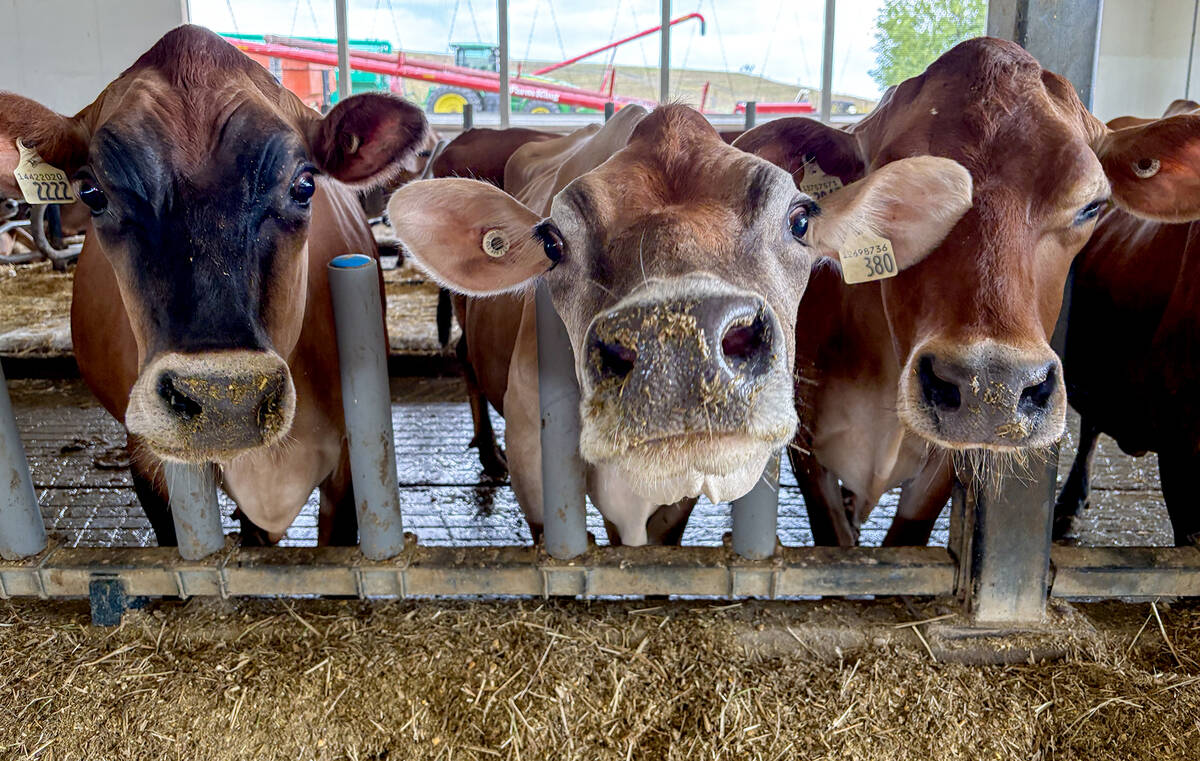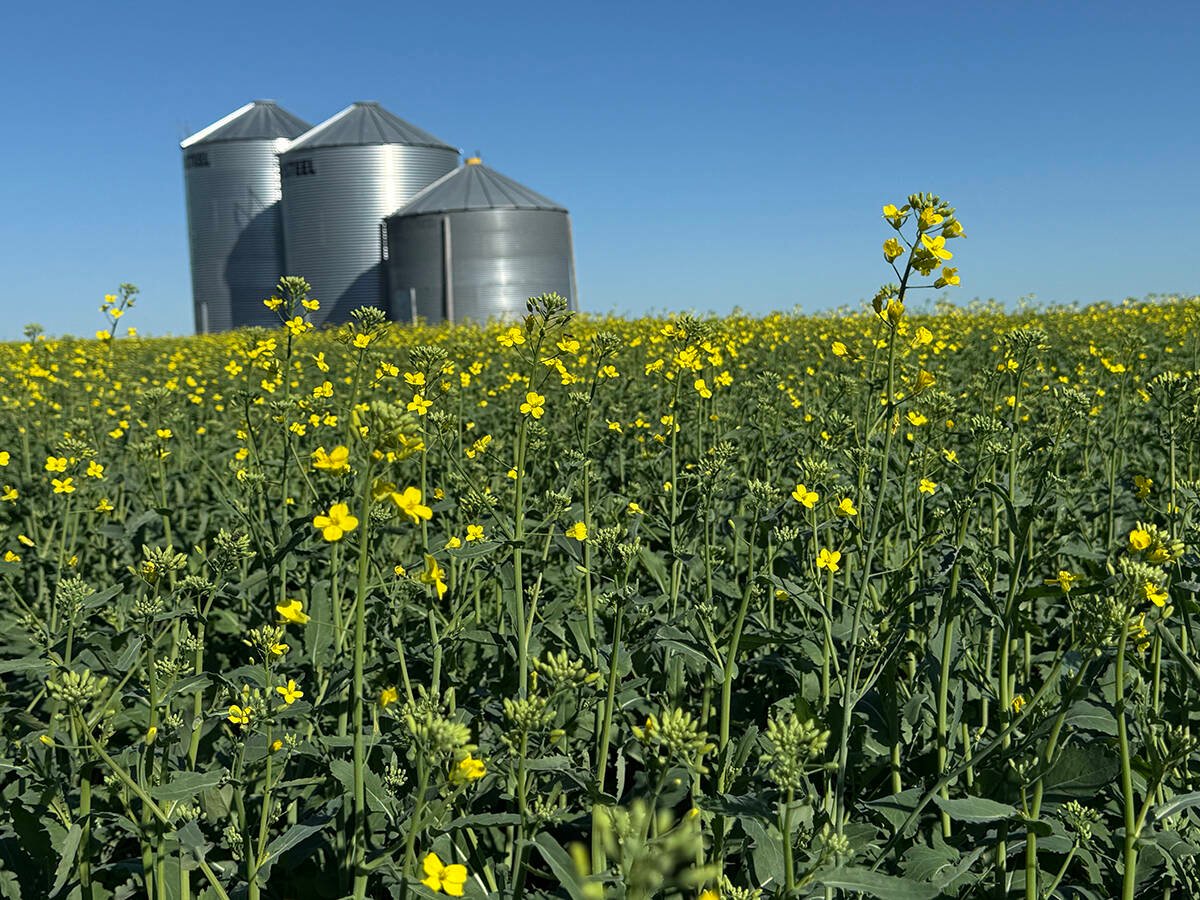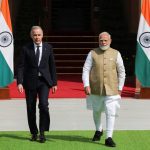Canadians gave some mixed messages when they aired their views on two hot-button farm issues in Angus Reid polls in September.
They stood in solidarity with farmers on both fronts. When it came to the concept of protecting domestic industries, though, they were more contradictory.
The pollster found that 57 per cent of Canadians favour reducing Canada’s tariffs on imported Chinese electric vehicles (EVs) if it meant a better deal for canola exports. Predictably, support for this approach was higher in the West than in the East and higher among rural respondents than urban.
Read Also

Trade uncertainty is back on the Canadian national menu
Even if CUSMA-compliant goods remain exempt from Trump’s new tariffs for now, trade risk for farmers has not disappeared, Sylvain Charlebois warns.
Canada’s decision to place 100 per cent tariffs on Chinese EVs mimicked the actions taken by the United States and the European Union and protected private and public investment into developing a domestic EV manufacturing industry. In Canada’s case, falling into line with the U.S. policy up front lessened the likelihood of this country being a back door for these vehicles into the U.S. market.
However, if governments are encouraging more Canadians to embrace renewable energy for transportation, why slam the door on Chinese technology that is, by most accounts, more advanced and less expensive than North American manufacturers have been able to deliver? From a consumer standpoint, if mandates are going to force a shift into EVs, why should buyers also be forced to support a less efficient domestic industry?
Now that the Chinese have hit the Canadian farm export sector with steep tariffs on canola, seed, oil and meal, as well as peas, pork and seafood, the premise becomes even more illogical.
We have Canadian taxpayers pouring billions into building a domestic industry, consumers paying higher prices for the products coming off the assembly line, and now governments are under pressure to support struggling canola farmers.
The phrase in the polling question “if it means securing a better deal for canola,” is a significant caveat. China hasn’t come right out and said the canola tariffs are linked to Canada’s EV import policy; that’s just the prevailing assumption. So, it’s unclear whether reducing or removing the EV tariff would, in fact, make China’s tariffs on farm goods go away.
There’s also the question of whether capitulating on this issue merely sets the stage for the next time China’s political leaders want to express their displeasure.

Counterintuitively, Angus Reid found that 62 per cent of Canadians favour maintaining Canada’s supply management system for dairy and poultry, even if it means a worse outcome for the auto sector in negotiations with the U.S.
That is surprisingly supportive of a sector badgered by critics over the years for some of the same reasons Canadians aren’t sold on protecting the domestic EV industry — such as higher consumer prices and doubts about relative efficiency. One difference is that the supply management sector doesn’t receive the same government subsidies. It’s paid for by consumers.
Interestingly, support for keeping supply management is highest among young Canadians, with 68 per cent of respondents in the 18- to 34-year-old demographic favouring retention, compared to 57 per cent in the 55-plus age group.
However, support for maintaining supply management was lower among rural Canadians (58 per cent) than among urban Canadians (62 per cent). Supply management is controversial within the farming community due to fears that it hurts Canada’s ability to negotiate better market access for export-oriented crops and livestock.
While seemingly incongruent, Canadians’ support for a protected dairy and poultry sector and their ambivalence to protecting the domestic EV sector speak to a more sophisticated value system than the “lowest price is the law.”
Canadians might be willing to compromise on the origins of their cars. However, having a reliable domestic source of important foods such as dairy and poultry is non-negotiable.
This-or-that questions like the ones asked in these polls are a way of pinning down respondent priorities. They are also a sad testament to the polarizing effects of a few bits of insidiously short-sighted politics.
Instead of trade that promotes global food security and sustainable economic growth, we’re debating trade-offs that leave us all feeling less connected and more insecure.
We shouldn’t have to choose between crops or cars, or more importantly, farmers and autoworkers.

While seemingly incongruent, Canadians’ support for a protected dairy and poultry sector and their ambivalence to protecting the domestic EV sector speak to a more sophisticated value system than the “lowest-price-is-the-law.”
-Laura Rance-Unger
















